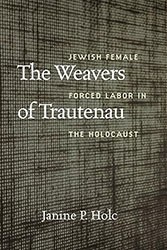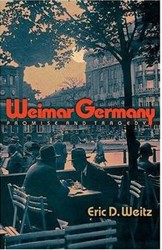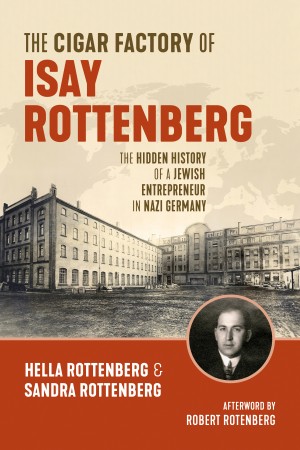The encounter of Jews with the Enlightenment has so far been considered almost entirely from a masculine perspective. In shifting the focus to a group of educated Jewish women in Berlin, this engaging book makes an important contribution to German-Jewish history, as well as to gender studies. A study of these women’s letters, literary activities, and social lives reveals them as cultivated members of the European public. Their correspondence allowed them not only to demonstrate their intellectual talents, but also to widen their horizons and acquire knowledge — a key concern of women seeking empowerment. The descriptions of their involvement in the public sphere, a key feature of Enlightenment culture, offer important new insights: social gatherings in their homes served the purpose of intellectual advancement, while the newly fashionable spas gave them the opportunity to expand their contacts with men as well as with other women, and with non-Jews as well as Jews, right across Europe. As avid readers and critical writers, these women reflected the secular world-view that was then beginning to spread among Jews. Imbued with enlightened ideas and values and a new feminine awareness, they began to seek independence and freedom, to the extent of challenging the institution of marriage and traditional family frameworks. A final chapter discusses the relationship of the women to Judaism and to religion in general, including their attitude toward conversion to Christianity — the route that so many ultimately took.
Join a community of readers who are committed to Jewish stories
Sign up for JBC’s Nu Reads, a curated selection of Jewish books delivered straight to your door!





